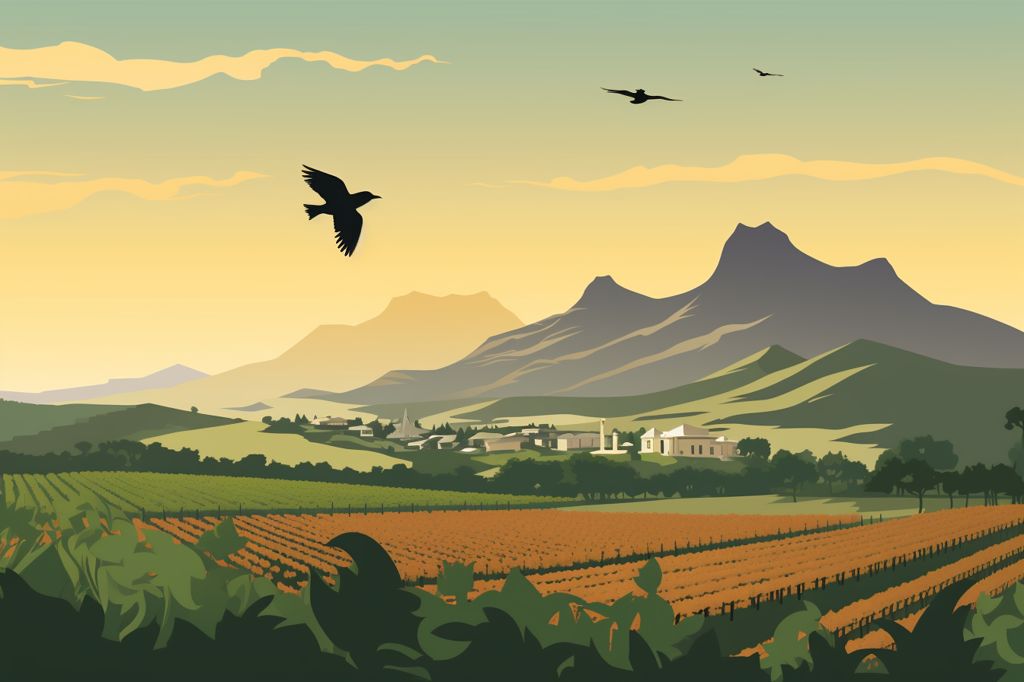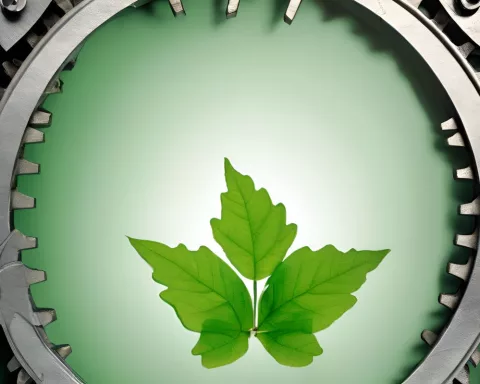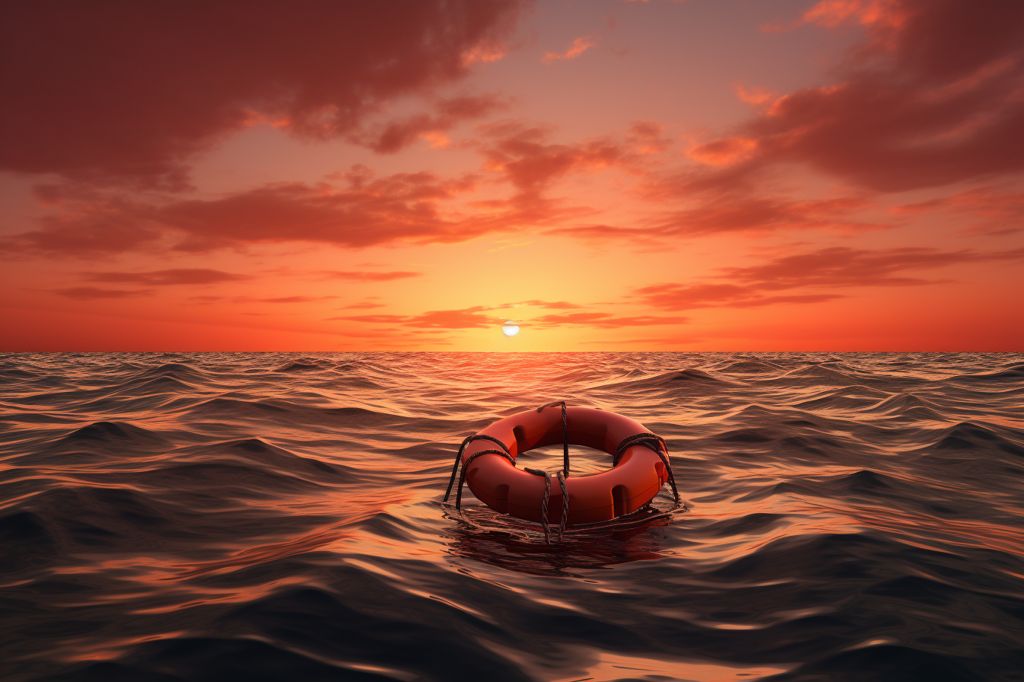Six wine farms in South Africa’s Western Cape have been recognized as WWF Conservation Champions for their exceptional commitment to environmental preservation and sustainable production practices. These farms – Boland Cellar, De Grendel, Glenwood Vineyards, Hartenberg Family Vineyards, Lomond Wine Estate, and PaardenKloof Estate – have demonstrated an unwavering dedication to regenerative farming practices, such as biodiversity conservation and land protection for endangered species.
Dedication to Conservation
Collectively, the 60 WWF Conservation Champions own 48,156 hectares of land, with 25,626 hectares dedicated to conservation. Shelly Fuller, manager of WWF’s Conservation Champion Programme, notes that 63.28% of the conserved land includes species classified as Critically Endangered or Endangered, while another 19.97% of the species have a vulnerable status according to the IUCN Red List.
Leading the Way
Lomond Wine Estate was the first South African wine farm to adopt a conservation servitude in collaboration with Fauna and Flora International and is a member of the Walker Bay Fynbos Conservancy. Glenwood Vineyards has committed 21% of its property to nature conservation, and PaardenKloof Estate actively conserves nearly 70% of its 1,430 hectares.
Supporting Endangered Wildlife
Several of the champion farms have taken steps to reintroduce key wildlife into conservation areas. De Grendel has brought back eland, bontebok, and red hartebeest, while PaardenKloof Estate has welcomed Nguni cattle. Hartenberg Family Vineyards integrates grazing animals, sheep, and small livestock breeds into their regenerative practices.
Preserving Indigenous Vegetation
The champion farms are dedicated to preserving critically endangered species such as Kogelberg Sandstone Fynbos, Swartland Alluvium Fynbos, and Elim Ferricrete Fynbos on their farms. They also focus on clearing alien invasive species to create space for indigenous vegetation. Boland Cellar plants indigenous trees and bee-friendly crops like wild radishes, dandelions, and sunflowers between vine rows to support bee populations and cultivate a biodiverse ecosystem.
Choosing Sustainable Wines
To support these WWF Conservation Champion wine farms and their remarkable efforts, wine enthusiasts can look for the distinctive sugarbird and protea logos on bottles while shopping. By choosing these sustainable wines, consumers can contribute to the continued growth and success of environmentally conscious and responsible wine production in South Africa’s Western Cape. Their dedication to preserving the Cape Floral Kingdom and its diverse fauna and flora is an inspiration to wine producers globally, showcasing the potential for the coexistence of agriculture and nature conservation.












